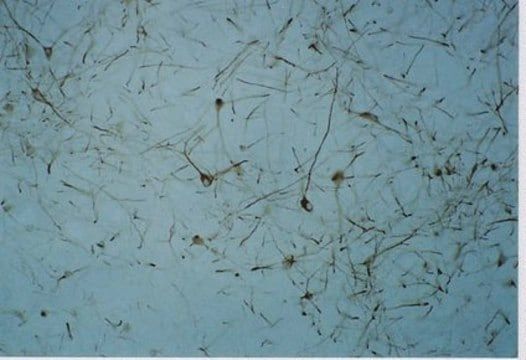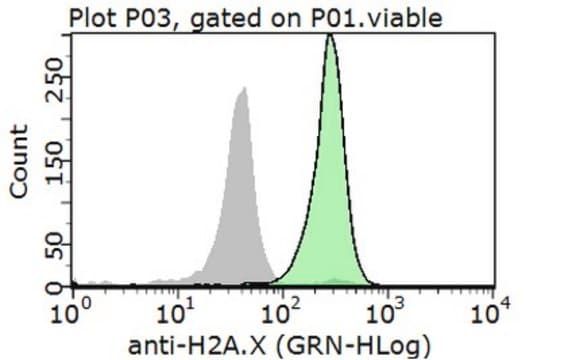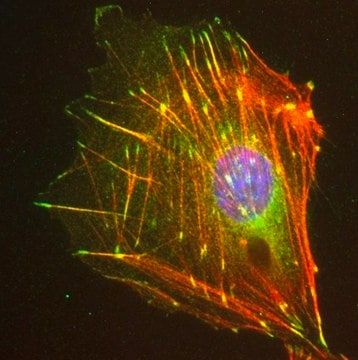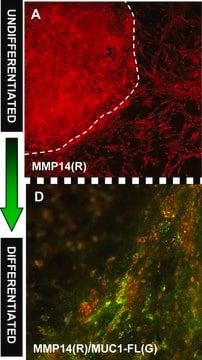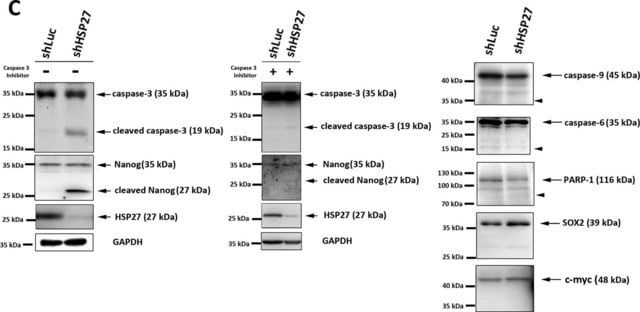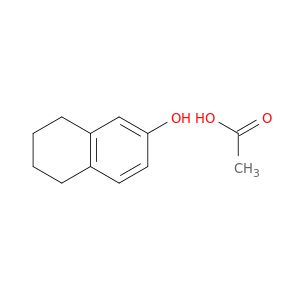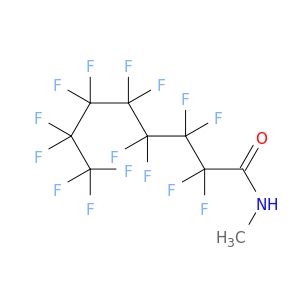AB9220
Anti-Nanog Antibody
serum, Chemicon®
Manufacturer: Sigma Aldrich
Synonym(S): Anti-NANOG/STM1, Anti-STM1
Select a Size
| Pack Size | SKU | Availability | Price |
|---|---|---|---|
| 100 μL | AB9220-100-μL | In Stock | ₹ 43,730.00 |
AB9220 - 100 μL
In Stock
Quantity
1
Base Price: ₹ 43,730.00
GST (18%): ₹ 7,871.40
Total Price: ₹ 51,601.40
biological source
rabbit
Quality Level
100
antibody form
serum
antibody product type
primary antibodies
clone
polyclonal
species reactivity
mouse, human
manufacturer/tradename
Chemicon®
technique(s)
flow cytometry: suitablewestern blot: suitable
input
sample type: mouse embryonic stem cell(s)sample type induced pluripotent stem cell(s)sample type: human embryonic stem cell(s)
NCBI accession no.
NM_024865.2
Description
- General description: NANOG is a gene expressed in embryonic stem cells (ESCs) and is thought to be a key factor in maintaining pluripotency. NANOG thought to function in concert with other factors such as POU5F1 and SOX2 to establish ESC identity. These cells offer an important area of study because of their ability to maintain pluripotency. In other words, these cells have the ability to become virtually any cell of any of the three germ layers (endoderm, ectoderm, mesoderm).
- Specificity: Recognizes Nanog, human.
- Immunogen: Synthetic peptide from human Nanog.
- Application: Research CategoryStem Cell Research
- Target description: 39 kDa (MW 34 kDa)
- Physical form: Rabbit Serum. Liquid.
- Storage and Stability: Maintain for 1 year at -20°C from date of shipment. Aliquot to avoid repeated freezing and thawing. For maximum recovery of product, centrifuge the original vial after thawing and prior to removing the cap.
- Analysis Note: ControlWhole cell lysate from mouse embryonic stem cells
- Other Notes: Concentration: Please refer to the Certificate of Analysis for the lot-specific concentration.
- Legal Information: CHEMICON is a registered trademark of Merck KGaA, Darmstadt, Germany
- Disclaimer: Unless otherwise stated in our catalog or other company documentation accompanying the product(s), our products are intended for research use only and are not to be used for any other purpose, which includes but is not limited to, unauthorized commercial uses, in vitro diagnostic uses, ex vivo or in vivo therapeutic uses or any type of consumption or application to humans or animals.
SAFETY INFORMATION
WGK
WGK 1
Flash Point(F)
Not applicable
Flash Point(C)
Not applicable
Compare Similar Items
Show Difference
biological source: rabbit
Quality Level: 100
antibody form: serum
antibody product type: primary antibodies
clone: polyclonal
species reactivity: mouse, human
manufacturer/tradename: Chemicon®
technique(s): flow cytometry: suitablewestern blot: suitable
input: sample type: mouse embryonic stem cell(s)sample type induced pluripotent stem cell(s)sample type: human embryonic stem cell(s)
NCBI accession no.: NM_024865.2
biological source:
rabbit
Quality Level:
100
antibody form:
serum
antibody product type:
primary antibodies
clone:
polyclonal
species reactivity:
mouse, human
manufacturer/tradename:
Chemicon®
technique(s):
flow cytometry: suitablewestern blot: suitable
input:
sample type: mouse embryonic stem cell(s)sample type induced pluripotent stem cell(s)sample type: human embryonic stem cell(s)
NCBI accession no.:
NM_024865.2

